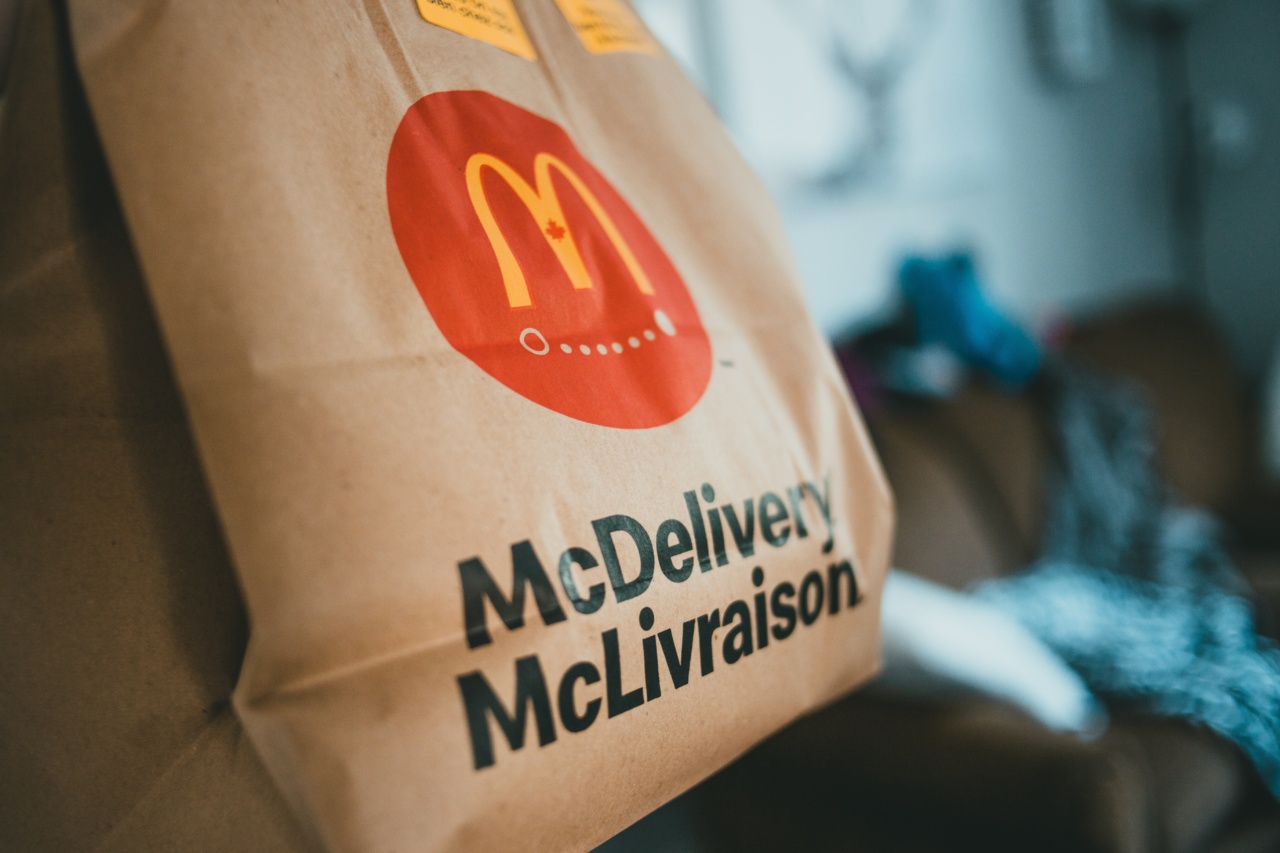Non-alcoholic fatty liver disease (NAFLD) is increasingly becoming a common ailment in many countries. It is a condition where fat accumulates in your liver. It is often found in people who have obesity and those who take in high-calorie foods.
One of the effective ways of reducing fat in the liver is by making simple dietary changes. In this article, we will discuss ten dietary changes that can help to reduce fat in the liver.
1. Limit your sugar intake
Sugar intake has a significant effect on the accumulation of fat in the liver. Diets high in refined sugar (e.g., added sugars in sweets, sodas, and baked goods) are associated with increases in liver fat content.
One of the dietary changes to make is to limit your sugar intake. Instead, you can opt for natural sweeteners like honey, maple syrup, and stevia. Also, try to avoid foods with high fructose corn syrup.
2. Increase your fiber intake
Fiber is essential for digestion and absorption. Foods that are rich in fiber help to reduce the absorption of excess fat and sugar in the diet. This ultimately reduces the fat accumulated in the liver.
Legumes, whole grains, fruits, vegetables, and nuts are excellent sources of fiber. Therefore, increasing your intake of these foods can be helpful in reducing fat in the liver.
3. Consume lean protein sources
Protein is essential for the repair and maintenance of the body’s cells. It is also involved in metabolism and weight management. However, not all protein sources are healthy. Some protein sources can add to the fat accumulation in the liver.
Therefore, it is essential to consume lean protein sources like chicken, turkey, fish, and plant-based proteins like lentils and beans. These protein sources are low in fat and can support fat reduction in the liver.
4. Replace saturated fats with healthy fats
Saturated fats are found in high-fat animal products like red meat, cheese, and butter. These fats can contribute to the accumulation of fat in the liver.
Therefore, a good dietary change to make is to replace saturated fats with healthy fats like olive oil, avocado, nuts, and seeds. These healthy fats are low in saturated fats and can support liver health.
5. Reduce your intake of processed foods
Processed foods like chips, fast foods, and snacks are often high in calories, sugar, and fat. These foods contribute significantly to the accumulation of fat in the liver. A simple dietary change to make is to reduce your intake of processed foods.
Instead, consume fresh foods like fruits, vegetables, and whole grains.
6. Drink plenty of water
Dehydration can lead to poor liver function and fat accumulation in the liver. Drinking plenty of water can help to maintain good liver function and support fat reduction in the liver.
Water also helps to flush out toxins from the body, which can contribute to the accumulation of fat in the liver. Therefore, make sure to drink water throughout the day.
7. Consume foods rich in antioxidants
Antioxidants are compounds that protect the body’s cells from damage caused by free radicals. Free radicals can damage the liver cells and contribute to fat accumulation in the liver.
Consuming foods rich in antioxidants like berries, leafy greens, nuts, and seeds can support liver health and reduce fat accumulation in the liver.
8. Limit your alcohol intake
Excessive alcohol intake is linked to liver disease. Alcohol can damage the liver cells and contribute to the accumulation of fat in the liver. Limiting your alcohol intake can help to support liver health and reduce fat accumulation in the liver.
It is recommended that men limit their alcohol intake to two drinks per day, and women limit their intake to one drink per day.
9. Exercise regularly
Regular exercise is essential for maintaining a healthy weight and promoting liver health. Exercise helps to regulate metabolism, improve insulin sensitivity, and reduce inflammation. These factors contribute to fat reduction in the liver.
Therefore, aim to exercise for at least 30 minutes per day, five days a week.
10. Get enough sleep
Sleep is essential for maintaining good liver function. Lack of sleep can contribute to inflammation and metabolic dysfunction. These factors can lead to fat accumulation in the liver. Therefore, aim to get at least seven hours of sleep per night.
Conclusion
Reducing fat in the liver can be achieved by making simple dietary changes. Consuming a healthy diet that is low in sugar, processed foods, and saturated fats can help to reduce fat accumulation in the liver.
It is also essential to exercise regularly, get enough sleep, and limit alcohol intake. These lifestyle changes can support liver health and reduce the risk of developing liver disease.































